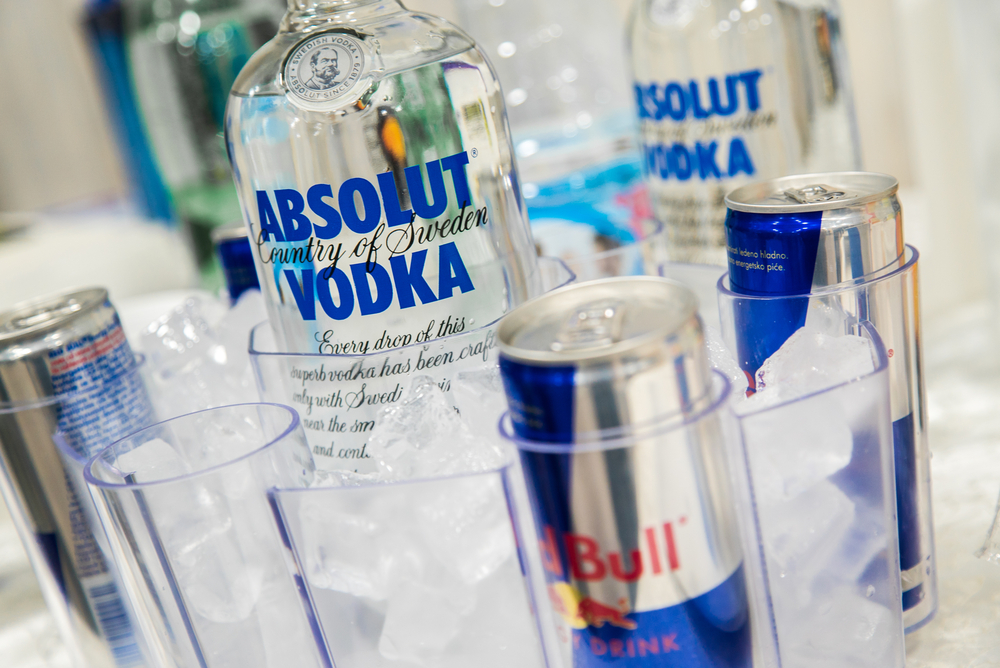Russia is doubling down on its efforts to reduce drinking.
Others are reading now
For centuries, vodka has been synonymous with Russian culture, often serving as both a symbol of celebration and a public health concern.
But excessive alcohol consumption has long plagued the country, contributing to serious social and economic issues.
Now, Russia is doubling down on its efforts to reduce drinking, unveiling new measures aimed at cutting alcohol consumption by 2030.
The plan includes banning discounts on alcoholic beverages and restricting their placement near checkout counters in stores, according to Ziare.
Also read
The government hopes these changes will lower annual per capita alcohol consumption from 8.8 liters to 7.8 liters—a reduction of 11%.
Already Reduced by almost 10 liters
Russia’s Ministry of Health noted that an earlier campaign, active from 2009 to 2020, successfully reduced alcohol consumption from 18 liters per person annually to 8.8 liters.
Building on that success, the new strategy tasks multiple agencies, including the Ministry of Industry and Trade and Rospotrebnadzor (the consumer protection agency), with implementing further measures by April 2025.
These include regulating alcohol sales more strictly and exploring regional practices to limit where and when alcohol can be sold.
The government will also reevaluate how alcohol products are displayed in retail spaces to make them less accessible.
Private distillation is also under scrutiny. Authorities are considering banning online sales and advertisements for home distilling equipment, potentially impacting Russia’s long tradition of producing homemade spirits.
The plan goes beyond retail restrictions. Employers and labor unions will be encouraged to create workplace initiatives promoting healthier lifestyles.
The government also aims to educate younger generations on the benefits of sobriety through targeted campaigns.


